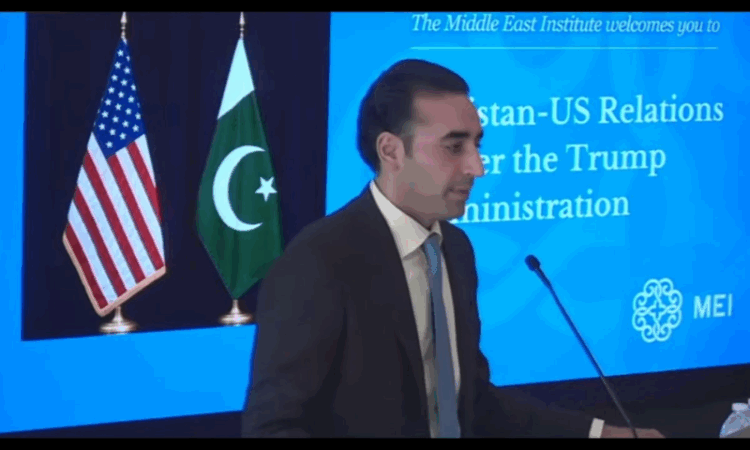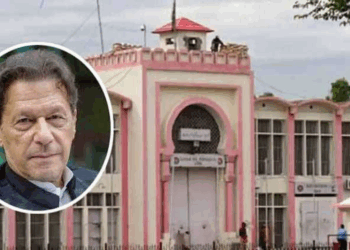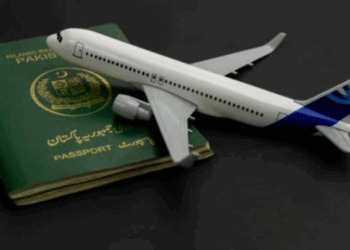Washington D.C., June 5, 2025: Pakistan People’s Party (PPP) Chairman Bilawal Bhutto-Zardari has cautioned that escalating Indian aggression under Prime Minister Narendra Modi poses a serious nuclear threat to the South Asian region, calling for urgent diplomatic engagement to prevent conflict.
In an exclusive interview with Bloomberg during his visit to the United States, Bilawal expressed concern over India’s evolving military posture, warning that it has significantly heightened the risk of nuclear confrontation in the event of future hostilities.
“India’s new aggressive ideology has raised nuclear risks in the region. The deployment of nuclear-capable missiles makes the situation extremely precarious and reduces Pakistan’s response time in case of a potential strike,” he said.
Commenting on India’s post-ceasefire stance, Bilawal criticized the Modi government’s concept of a so-called “new normal,” which he said justifies aggressive military actions based on unverified allegations.
“They call it a ‘new normal’, but we call it abnormal,” Bilawal remarked. “According to this dangerous doctrine, India can initiate hostilities against Pakistan without presenting credible evidence.”
He reiterated that Pakistan had previously responded in a measured and responsible manner to Indian provocations and stressed the need for comprehensive dialogue between the two nuclear-armed nations. “We must sit down and talk. Sustainable peace in South Asia is not possible without direct and meaningful engagement,” he said.
Addressing recent developments, including India’s allegations about the Pahalgam incident in Indian-administered Kashmir, Bilawal firmly rejected claims of Pakistani involvement.
“Pakistan has no role in the Pahalgam incident,” he asserted, adding that India has a history of leveling baseless accusations. “We have provided concrete evidence to both the United Nations and the U.S. government regarding India’s support for terrorist outfits such as the BLA (Balochistan Liberation Army) and TTP (Tehreek-e-Taliban Pakistan).”
He also emphasized the persistent threat from militant groups operating out of Afghanistan and underscored the need for a coordinated regional strategy to tackle the challenge.
Turning to the Kashmir issue, Bilawal noted a perceptible shift in both global and Indian narratives. “Even the U.S. president has acknowledged that Kashmir is an international dispute,” he said. “Interestingly, India is now describing it as a bilateral issue — a significant departure from its previous position that Kashmir is strictly an internal matter.”
He reaffirmed Pakistan’s commitment to resolving all outstanding disputes, particularly Kashmir, through peaceful means and international diplomacy. “Pakistan remains dedicated to pursuing a just and peaceful resolution through bilateral and multilateral channels,” Bilawal concluded.








